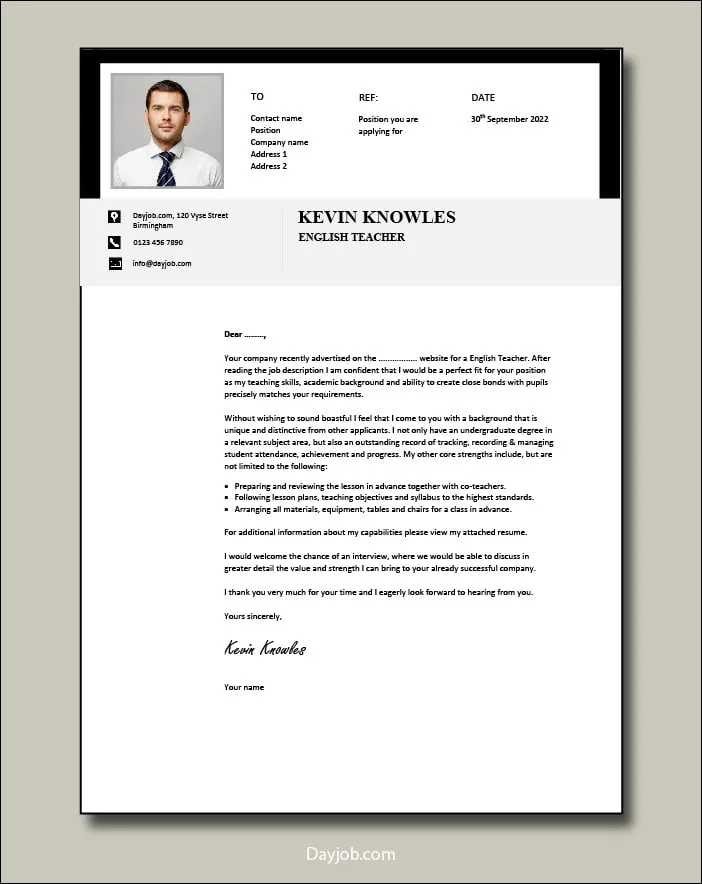Understanding the Cover Letter Why It Matters
A cover letter is a vital document that accompanies your resume when applying for jobs or academic opportunities, particularly in an English class setting. It serves as your personal introduction, offering a deeper understanding of your skills, experiences, and aspirations. Think of it as an opportunity to create a positive first impression and persuade the reader to learn more about your qualifications. Unlike a resume, which offers a brief summary, a cover letter allows you to demonstrate your personality, express your enthusiasm, and highlight why you’re a good fit for the specific opportunity. It allows you to demonstrate communication skills. This document can significantly impact your chances of success, influencing whether you move forward to the next stage of the application process. Therefore, crafting a compelling cover letter is crucial.
Components of a Cover Letter
A well-structured cover letter typically contains several key elements that work together to convey your message effectively. These components include a professional heading with your contact information, a personalized greeting, a compelling opening paragraph designed to capture the reader’s attention, body paragraphs to showcase your relevant skills and experiences, and a concise closing paragraph. Each section plays a specific role in communicating your qualifications clearly and persuasively. The heading ensures your contact details are easily accessible. The opening paragraph immediately draws the reader in, while the body paragraphs provide details about your capabilities. A well-crafted cover letter guides the reader through your qualifications, providing a clear picture of your value. Therefore, a thorough understanding of each component is essential.
Heading and Contact Information
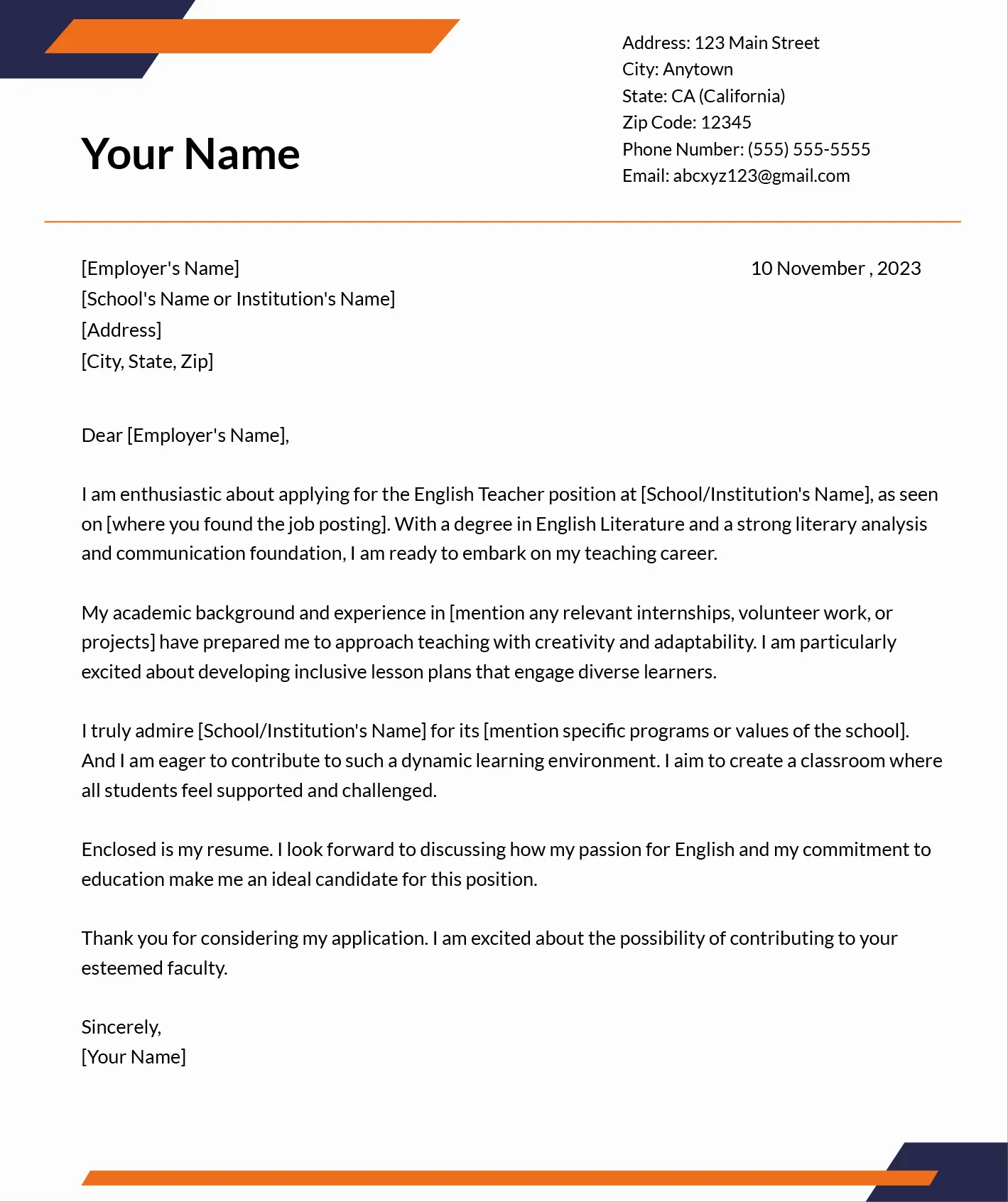
The heading of your cover letter should be professional and easy to read. It includes your full name, address, phone number, and email address. These details allow the recipient to easily contact you if they are interested in your application. Ensure the contact information is accurate and up-to-date to prevent any communication issues. Place the date below your contact details, followed by the recipient’s name, title, and the organization’s address. Consistency in formatting establishes your attention to detail and makes a positive first impression. This is especially true when writing for an English class, where clarity and correct presentation are important. By maintaining a professional tone and clear format, you show you are serious about the opportunity.
The Opening Paragraph Grab Attention
Your opening paragraph is your first chance to make a strong impression. It should immediately capture the reader’s attention and clearly state the purpose of your letter. Start with a concise, engaging statement. For English class assignments, express your enthusiasm for the specific project or task. For example, you might write something like, “I am excited to submit my analysis of ‘The Great Gatsby’ for this assignment.” Briefly mention how you learned about the opportunity, such as the assignment details in the syllabus. Keep it brief, ideally within three to four sentences. This section sets the tone for the rest of your letter and encourages the reader to continue reading. A well-written opening can set you apart from other applicants and show your interest, encouraging the reader to learn more.
Body Paragraphs Showcase Skills
The body paragraphs are where you showcase your relevant skills, experiences, and qualifications. This section provides more detail than your resume, explaining how your skills align with the opportunity’s requirements and demonstrating your enthusiasm. Focus on specific examples that highlight your abilities. In English class, skills like critical thinking, analytical skills, and writing proficiency are important. Use the STAR method (Situation, Task, Action, Result) to structure your examples and quantify your achievements whenever possible. Tailor your examples to the specific requirements of the assignment, project, or job description, making sure your letter is personalized and relevant. These details will help you build a strong case for your candidacy, displaying your ability and enthusiasm in English class.
Highlight Relevant Skills and Experiences
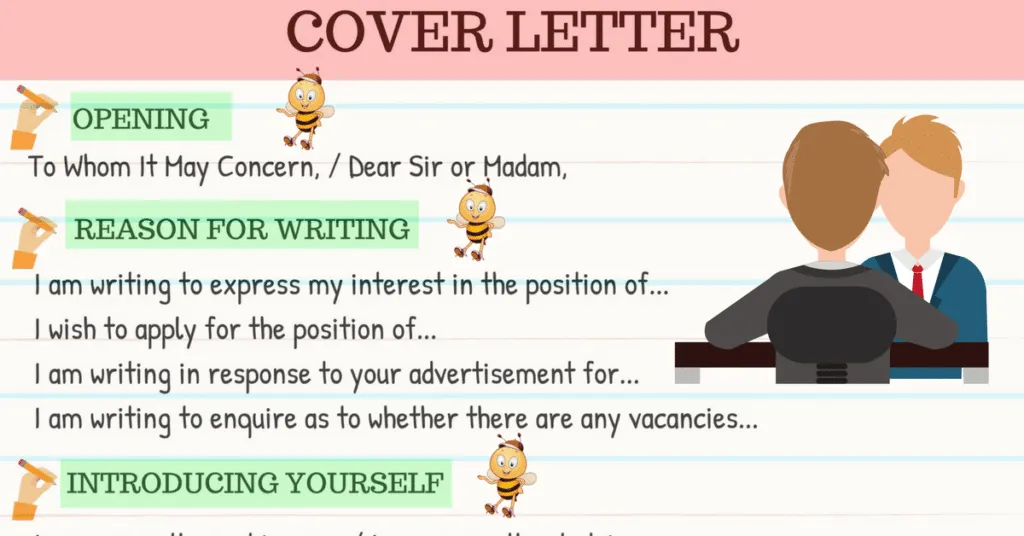
Identify the skills and experiences most relevant to the requirements of the opportunity. In an English class context, this might involve analytical skills, essay writing abilities, or critical thinking skills. Showcase your ability to analyze text, understand complex ideas, and clearly communicate them. Use examples from your academic work, such as successful essays, presentations, or group projects. Explain how these experiences have prepared you for this specific opportunity, focusing on skills like research, public speaking, or writing style. Ensure each example relates to the requirements of the project and highlight your strengths. Tailor your letter to the specific needs of the assignment to impress the reader. Be sure to make the connection to the subject matter clear and easy to see for the reader.
Quantify Your Achievements
When possible, quantify your achievements to make them more impactful. Use numbers and data to demonstrate your results. For example, instead of saying “Improved essay grades,” you could say, “Increased essay grades by 15% through consistent application of feedback.” This provides concrete evidence of your abilities and shows the value you bring. If your English class experiences included group projects, mention your contributions and how your work impacted the outcome. This adds credibility and makes your cover letter more persuasive. Such details highlight your accomplishments and your ability to achieve goals, setting your application apart and showing a results-oriented approach to your work.
Tailoring Your Letter to the English Class
Customize your cover letter to align with the specific requirements of your English class assignment. This demonstrates dedication and attention to detail. Review the instructions carefully, noting the specific skills the instructor is seeking. Use keywords and phrases from the assignment description to show that you understand what is required. If it’s a literary analysis, emphasize your ability to dissect texts and understand themes. If it’s a creative writing assignment, highlight your writing style and creativity. By addressing the needs of the opportunity, you show your understanding of the assignment and your ability to follow instructions. This will make a positive impression on the reader and set you apart from your peers.
Closing Paragraph Call to Action
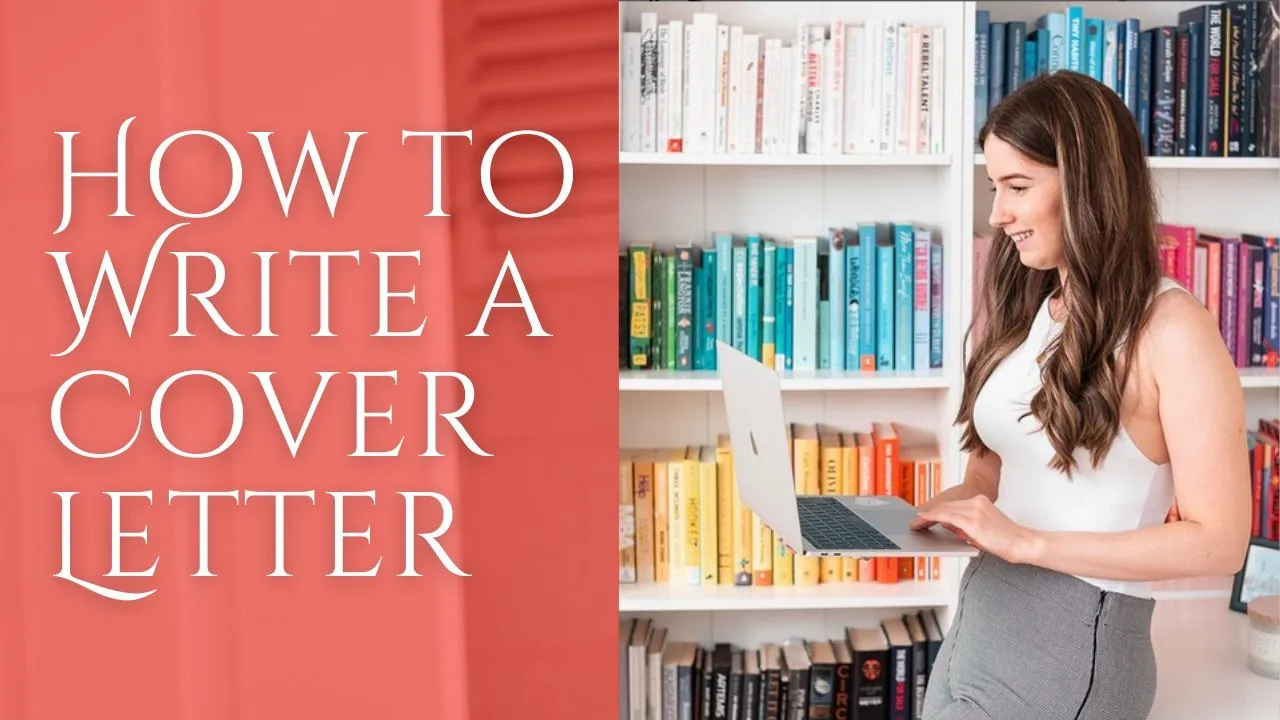
Your closing paragraph should summarize your interest and express your enthusiasm for the opportunity. Reiterate your key qualifications and thank the reader for their time and consideration. Include a call to action, such as requesting an interview or expressing your willingness to discuss your application further. Keep it concise and professional, showing your eagerness to move forward. By including a call to action, you clearly signal your interest and encourage the recipient to take the next step. This positive closing creates a memorable final impression and ensures the reader knows your intent. Maintain a professional tone throughout this important section.
Proofreading and Editing Your Cover Letter
Proofreading and editing are essential to ensure your cover letter is polished and professional. Always check for spelling, grammar, and punctuation errors. These errors undermine your credibility and create a negative impression. Read your letter aloud, as this can help you catch mistakes you might miss when reading silently. Use grammar-checking software, but don’t rely on it entirely. Always review suggestions and check their accuracy. Ask a friend, family member, or teacher to review your letter for feedback. A fresh pair of eyes can catch errors you might miss. A clear, concise, and well-organized cover letter demonstrates your professionalism and writing abilities. Taking the time to refine your writing makes sure your letter effectively conveys your message.
Common Mistakes to Avoid
Several common mistakes can hurt the effectiveness of your cover letter. Avoid generic templates, as they suggest a lack of personalization and effort. Tailor each letter to the specific opportunity. Don’t include irrelevant information, and avoid overly casual language. Errors in spelling and grammar will undermine your credibility. Don’t simply repeat your resume; use your cover letter to expand on your skills. Avoid negative statements about previous experiences. By being aware of these mistakes, you can improve your application and increase your chances of success. Attention to detail in these areas shows professionalism and a commitment to excellence.
Seeking Feedback Get a Second Opinion
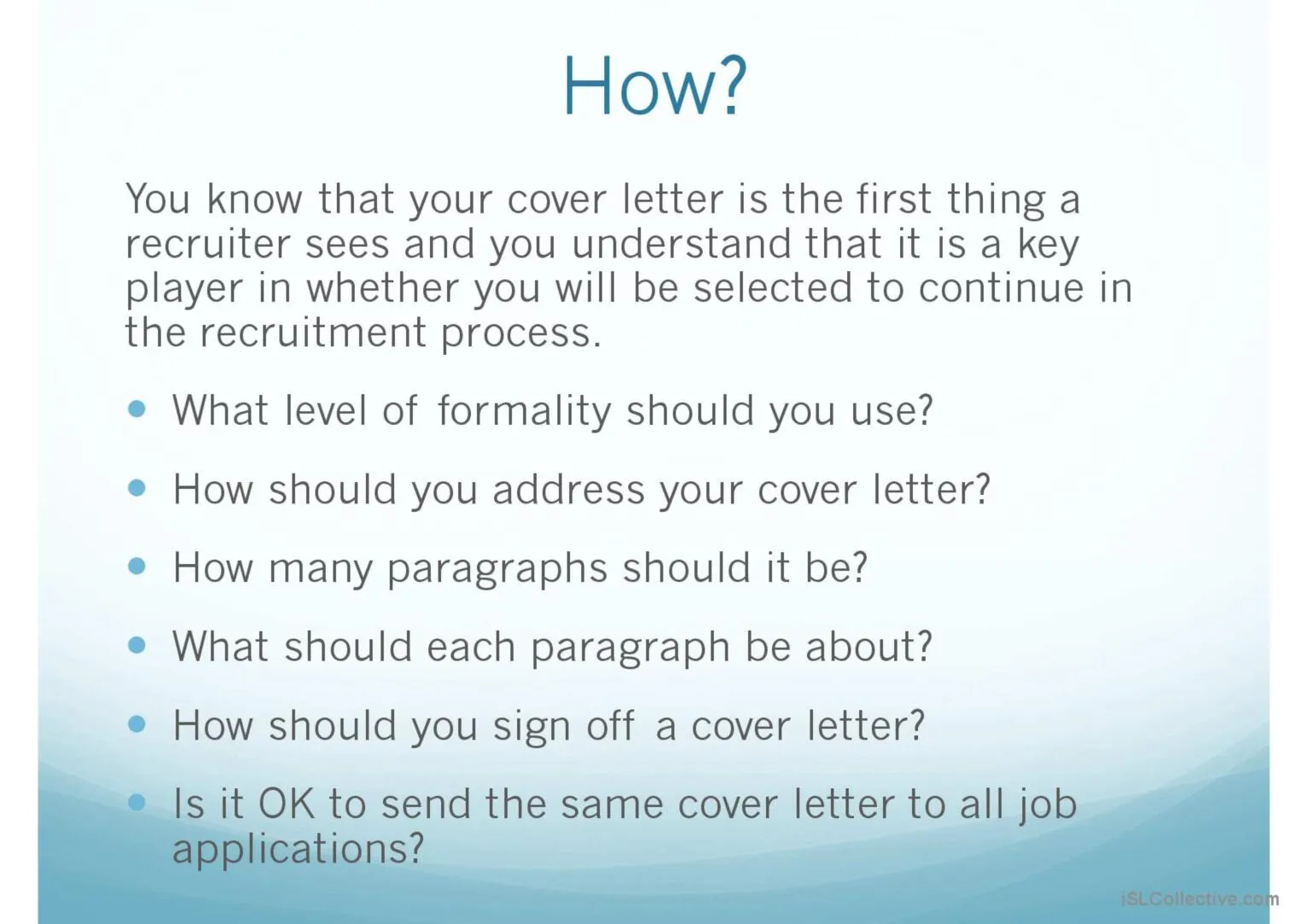
Getting feedback is an important part of the writing process. Ask trusted friends, family members, or teachers to review your cover letter. Their feedback can provide new perspectives and help you identify areas for improvement. Ask them to assess the clarity, organization, and effectiveness of your letter. Consider the suggestions and revise your letter accordingly. If possible, have multiple people review your cover letter. Being open to constructive criticism can enhance your writing. View feedback as a chance to strengthen your cover letter. Asking for help is a smart move, and will show you are dedicated to creating the best work possible.
